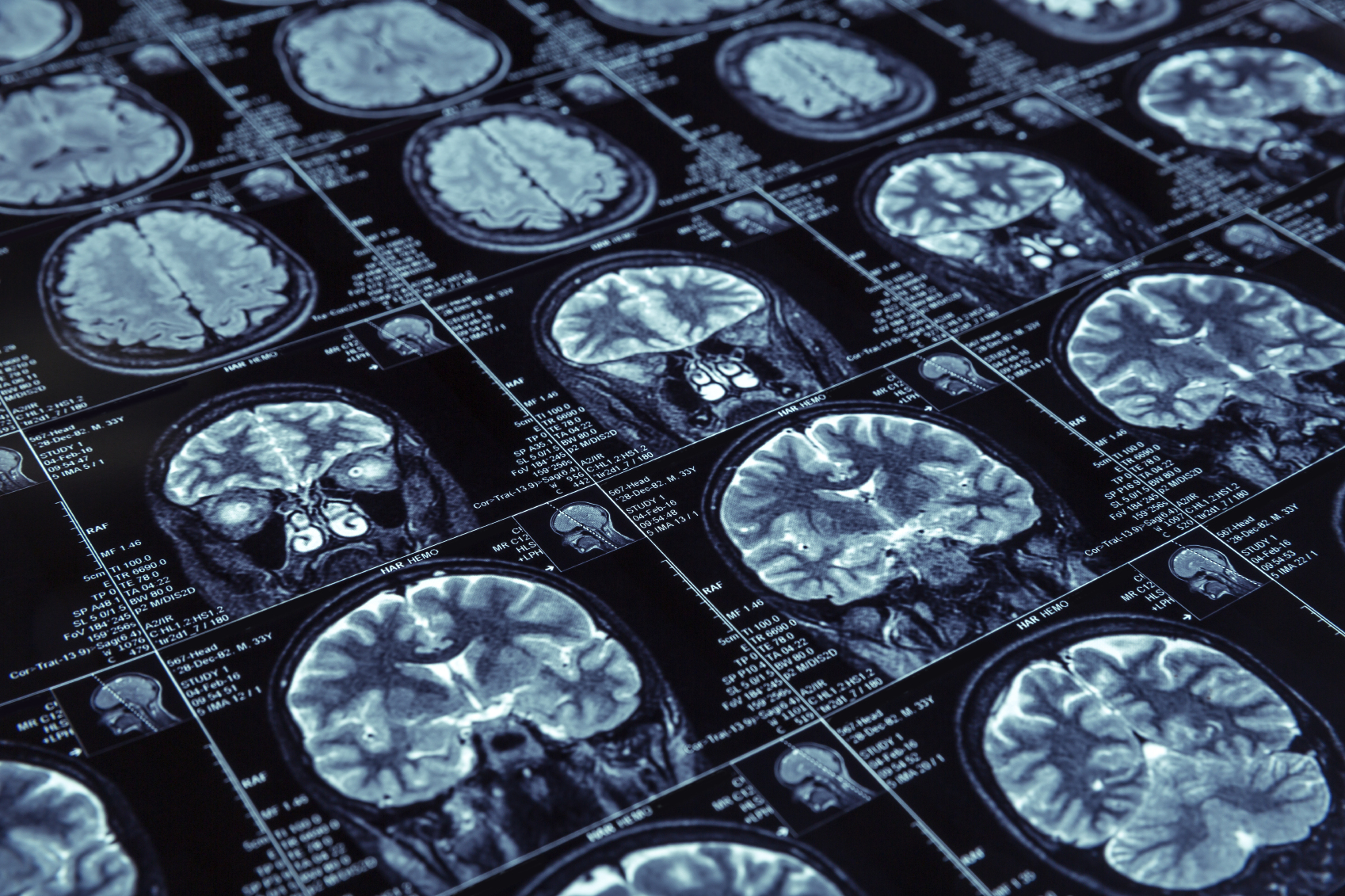Certain brain tumours could respond to immunotherapy

Some brain tumours may respond to immunotherapy after all, according to a new study.
So far, brain tumours have been resistant to immunotherapy drugs because they are “cold” to the immune system and poor targets for this approach.
But the research from Columbia University, published online today in Nature Medicine, suggests that a slow-growing brain tumour arising in patients affected by neurofibromatosis type 1 (NF1) may be vulnerable to immunotherapy.
Findings are based on an international consortium led by the university’s Vagelos College of Physicians and Surgeons.
An estimated 100,000 people in the US have NF1, a hereditary disease that can lead to tumours throughout the nervous system, including brain tumours known as gliomas.
Children usually have a slow-growing type of glioma, whereas adults often have a more aggressive type.
But both types are difficult to treat as they are highly resistant to chemotherapy and radiotherapy and can aggravate symptoms such as headaches and seizures.
Surgery is rarely an option as the tumours usually surround delicate brain regions.
Immunotherapy has also been ineffective for most brain tumours because they contain large numbers of macrophage cells that thwart the immune system’s attack.
But the new study showed many slow-growing gliomas contain few such cells and produce neoantigen proteins that can trigger an immune attack.
Researcher Anna Lasorella said: “We were surprised to find that approximately 50% of the slow-growing NF1 gliomas contained large numbers of T cells that have the ability to destroy cancer cells.”
These tumours are good candidates for immunotherapy treatment that could unleash the T cells and clinical trials are being planned.
A subgroup of brain tumours in patients without NF1 share the same molecular profile as the slow-growing NF1 gliomas.
Future studies will have to establish whether these “NF1-glioma-like” brain tumors also exhibit the same immune features and are potentially vulnerable to immunotherapy.
Researchers also found that aggressive NF1 tumours packed with macrophages, which are unlikely to respond to immunotherapy, could be treated with DNA-damaging therapies.
A genetic defect could make them more sensitive to such therapies, according to the research.












